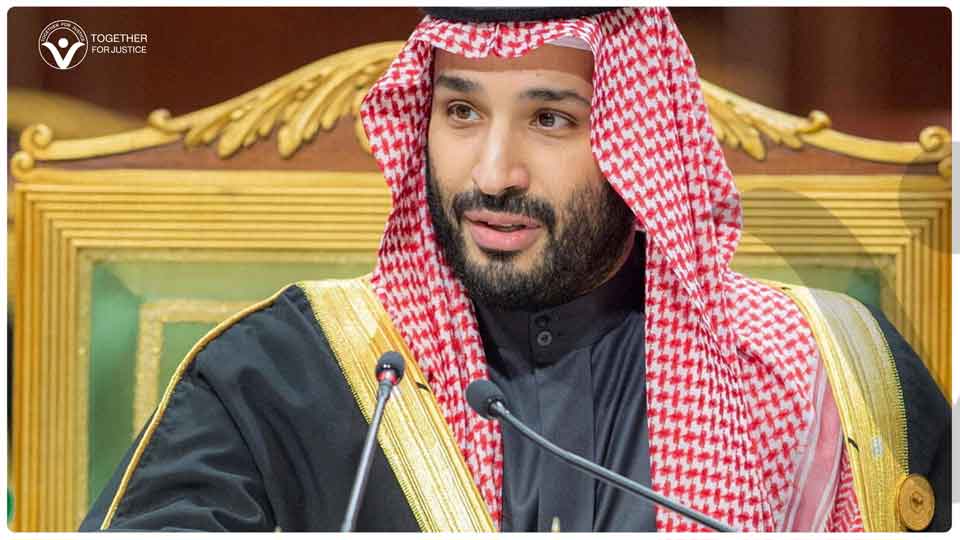Leaked documents seen by The Guardian expose how former UK prime minister Boris Johnson secretly courted Saudi officials, including Crown Prince Mohammed bin Salman, in exchange for lucrative private gain. The files reveal that Johnson exploited political contacts he had cultivated during his time in Downing Street to secure a role for his consultancy firm, Better Earth, offering its services directly to the crown prince.
In personal letters addressed to Mohammed bin Salman, Johnson praised him as a “fervent admirer of the vision you have for the kingdom,” while proposing that his company could provide “practical solutions” to reduce carbon emissions and develop “green energy.” Behind the rhetoric of environmental cooperation, the reality was clear: Johnson was leveraging his political prestige to help the Saudi regime polish its international image.
Better Earth, co-chaired by Johnson and Canadian financier Amir Adnani, promised Saudi Arabia advisory and project development services in exchange for contracts worth millions. In return, Johnson received a salary of £120,000 a year and a significant stake in the firm. The documents show he had already approached senior Saudi officials such as Commerce Minister Majid al-Qasabi — whom he had met multiple times as prime minister — to lobby for the company’s interests, in direct breach of post-office lobbying restrictions.
The revelations are not only about Johnson’s ethical misconduct but also highlight the deeper strategy of Mohammed bin Salman. Instead of using Saudi Arabia’s immense oil wealth to address domestic needs — such as affordable housing, healthcare, education, and sustainable development — the crown prince channels billions into buying loyalty and silence from Western political figures. By paying for their services and endorsements, he seeks to shield his regime from international accountability for its crimes: mass executions, the silencing of dissidents, and devastating proxy wars in Yemen, Libya, and beyond.
While ordinary Saudis struggle with the consequences of economic mismanagement and limited freedoms, their resources are squandered to secure political patronage abroad. Johnson’s willingness to serve as a paid front for this agenda exemplifies how Western leaders can be co-opted into whitewashing repression. The leaked files demonstrate that Mohammed bin Salman views global influence not as a product of genuine reform or progress, but as something to be bought with petrodollars.
In effect, the Saudi crown prince is converting the kingdom’s national wealth into personal political insurance — ensuring that powerful voices in the West remain muted or complicit while his regime continues its repressive rule. The Boris Johnson revelations crystallize this dynamic: a corrupt bargain in which Saudi oil money purchases legitimacy, and Western politicians sell their reputations to cover up crimes.

